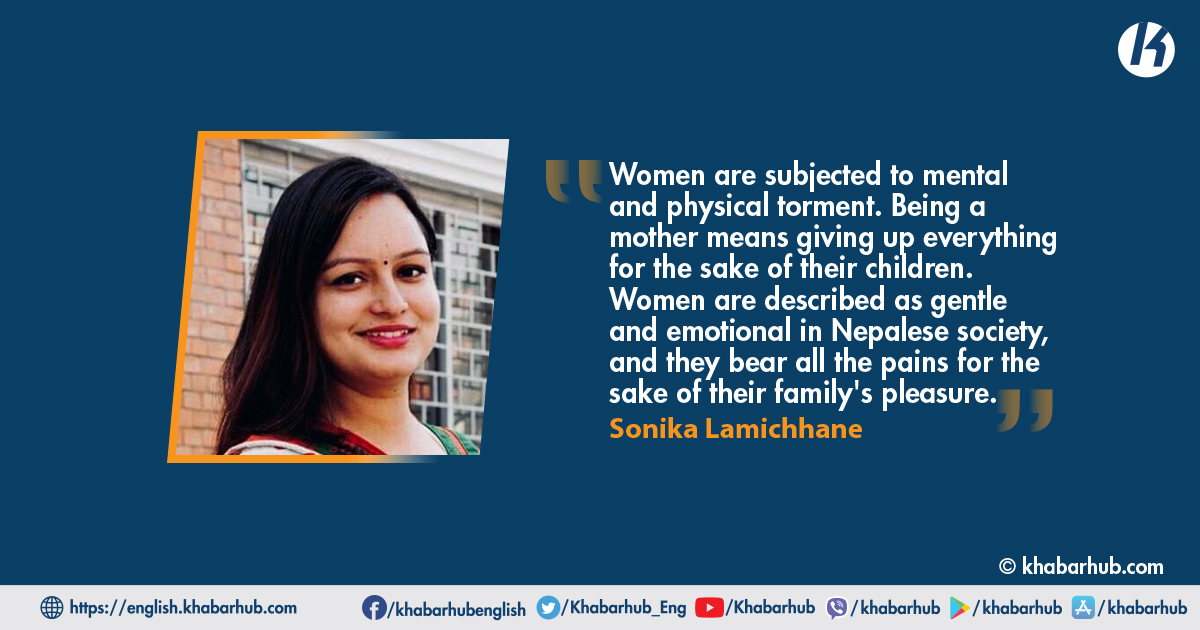The 16 Days of Activism Against Gender-Based Violence, with the slogan “Orange the World: End Violence against Women Now!” started around the world from November 25th to December 10th. The day has also been kicked off in Nepal with a variety of events.
“Any act of gender-based violence that results in, or is likely to result in, physical, sexual, or mental harm or suffering to women, including threats of such acts, coercion, or arbitrary deprivation of liberty, whether occurring in public or private life,” according to the United Nations.
According to the World Health Organization, about 1 in 3 (30%) of women worldwide have been subjected to either physical and/or sexual intimate partner violence or non-partner sexual violence in their lifetime.
Intimate relationship violence accounts for the majority of this violence. Almost a quarter of women aged 15 to 49 who have been in a relationship say their intimate partner has abused them physically or sexually.
We have been hearing, seeing, and learning that all humans are equal. Every human being has the right to live their lives however they see right.
Even Nepal’s constitution guarantees the people’s fundamental rights. However, in Nepal, people are vulnerable to many forms of gender-based violence.
Both men and women are victims of this violence, both emotionally and physically, but women are subjected to more pain and issues.
Women are trained to act in a respectful manner and to follow society’s rules and regulations. Domestic violence, dowry-related violence, marital rape, dowry-related violence, child marriage, polygamy, female infanticide, and witchcraft accusations are just a few examples of gender-based violence that women suffer. Inside the house, they are not safe.
In the Hindu religion, women are worshipped as goddesses, and their good works are still praised. However, women are gradually making their way to the front lines in Nepal, demonstrating their hard work and talent.
They are subjected to mental and physical torment. Being a mother means giving up all for the sake of their children. Women are described as gentle and emotional in Nepalese society, and they bear all the pains for the sake of their family’s pleasure.
According to the report of the National Women’s Commission (2077/78), 1352 cases related to domestic violence, 218 cases related to women’s violence, and 31 cases related to dowry-based violence were registered.
In the world, women are living full of freedom, but in our country, when will this problem be ended and the women of our country be secure in their home, society, and community?
To minimize the gender-based violence in Nepal, first of all, we have to teach and implement the fact that men and women are the wheels of a cart.
Nothing can be done without them. As the home is the first place for children to learn, they should be taught the concept of equality in the home.
In the Hindu religion, women are worshipped as goddesses, and their good works are still praised. However, women are gradually making their way to the front lines in Nepal, demonstrating their hard work and talent.
The next is the government of Nepal, NGOs and INGOs should focus on these issues by making a documentary and campaign to raise awareness against violence against women.
And there should be strict punishment and compensation for those who do gender-based violence. The laws written in the constitution and book should not be limited within them, but they should be implemented in reality.









Comment